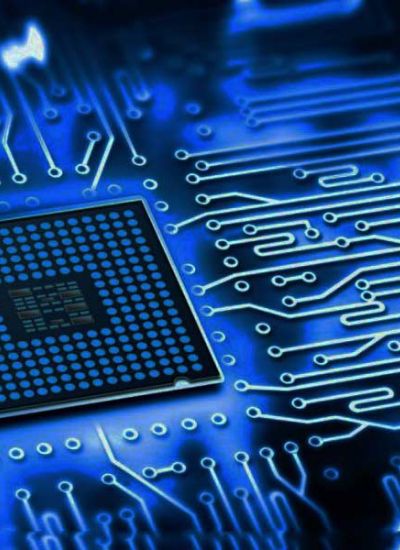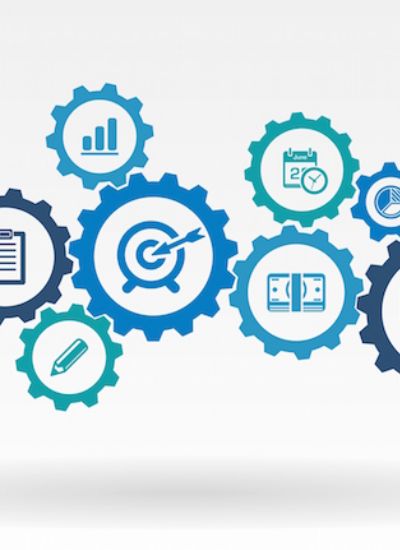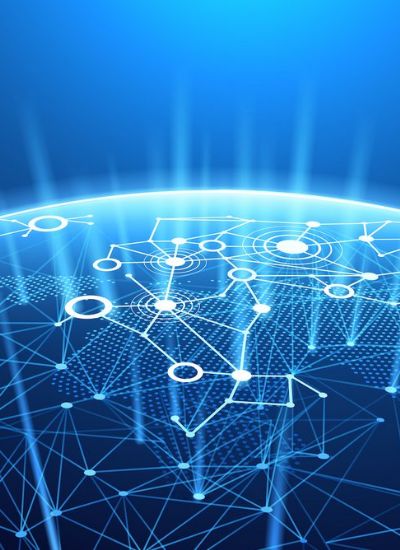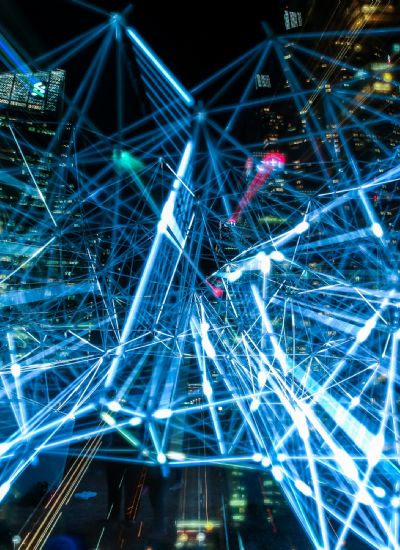Why is My PC So Slow? How to Fix A Slow PC
It happens to almost all of us that at some point in time, we experience slow speed of our PC's.
This can be quite inconvenient because it tends to slow ones working speed down and can be agitating.
At this point, one cannot help but wonder why the PC is so slow.
There can be various different reasons because of which the PC may work slowly.
While there are some major reasons for the PC to perform slowly, there are also many other reasons that can be responsible.
However, one can always start with the major possibilities and then move towards the more minute problems.
If your PC is part of a network, then the computer may perform slow is the patch cable is short, as it would cause problems in sending and receiving data.
Another common cause for a PC to be slow can be that the virtual memory might be low.
This may occur when your computer memory goes low and the hard disk has to constantly run, hence causing the PC to be slow.
The solution to this can be the addition of more memory to your PC.
If your PC is placed in a room or place where there is heat.
This can either be because of the lack of cooling or even a cooler room can be heated when there are a lot of PCs placed in the same room.
Excessive heat can also make the performance of your computer slow.
There may also be some problem with your configuration of the BIOS, which can cause the availability of memory to the Operating System scarce, hence causing the PC to slow down.
If the settings of the BIOS are not right, then the computer will be slow even if there is extra memory available.
Spyware and viruses can also be a significant contributor towards a slow PC.
If there is mal-ware in your computer, there is a possibility that all that spyware and mal-ware is taking up all your CPU time.
If your hard disk is fragmented, that can also be the cause of your PC working slowly.
This happens because the files are not stored in a continuous manner, hence making it time consuming for the files to be read from the disk.
With updates, deletions and creation of new files, the files become fragmented and may cause your PC to slow down.
There is also the possibility that there is quite a lot of junk on your hard disk and you are keeping unused programs as well as desktop enhancement features, all of which can slow down the computer.
This can be quite inconvenient because it tends to slow ones working speed down and can be agitating.
At this point, one cannot help but wonder why the PC is so slow.
There can be various different reasons because of which the PC may work slowly.
While there are some major reasons for the PC to perform slowly, there are also many other reasons that can be responsible.
However, one can always start with the major possibilities and then move towards the more minute problems.
If your PC is part of a network, then the computer may perform slow is the patch cable is short, as it would cause problems in sending and receiving data.
Another common cause for a PC to be slow can be that the virtual memory might be low.
This may occur when your computer memory goes low and the hard disk has to constantly run, hence causing the PC to be slow.
The solution to this can be the addition of more memory to your PC.
If your PC is placed in a room or place where there is heat.
This can either be because of the lack of cooling or even a cooler room can be heated when there are a lot of PCs placed in the same room.
Excessive heat can also make the performance of your computer slow.
There may also be some problem with your configuration of the BIOS, which can cause the availability of memory to the Operating System scarce, hence causing the PC to slow down.
If the settings of the BIOS are not right, then the computer will be slow even if there is extra memory available.
Spyware and viruses can also be a significant contributor towards a slow PC.
If there is mal-ware in your computer, there is a possibility that all that spyware and mal-ware is taking up all your CPU time.
If your hard disk is fragmented, that can also be the cause of your PC working slowly.
This happens because the files are not stored in a continuous manner, hence making it time consuming for the files to be read from the disk.
With updates, deletions and creation of new files, the files become fragmented and may cause your PC to slow down.
There is also the possibility that there is quite a lot of junk on your hard disk and you are keeping unused programs as well as desktop enhancement features, all of which can slow down the computer.



















